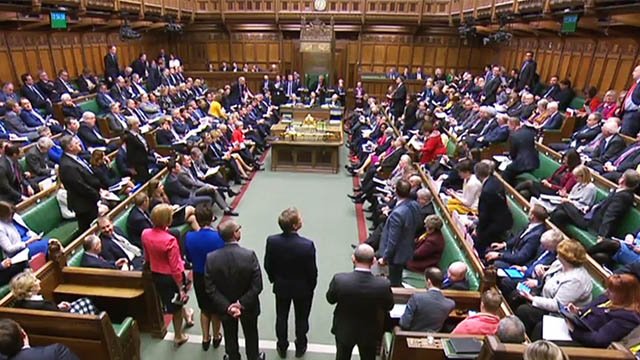Originally published on Sustainable Pulse.
The Conference of Presidents, a governing body of the European Parliament, has Thursday endorsed the mandate of a Special Committee to analyse and assess the authorisation procedure for glyphosate and other pesticides, following recent revelations from the Monsanto Papers and the Great Glyphosate Rebellion, in which many EU states have vowed to phase out the use of glyphosate-based herbicides.
Co-presidents of the Greens/EFA group Ska Keller and Philippe Lamberts stated: “Thanks to the hard work of campaigners and environmentalists, the issue of glyphosate and other harmful pesticides has been brought to the forefront of the political debate. Through this committee, the Green/EFA group will seek to analyze the failings in the process that led to the renewal of the authorization of glyphosate.
“In particular, we want to look at the work of the European agencies (EFSA and ECHA) and the German agency Bfr. We want Europe’s agencies to be irreproachable in their assessment of potentially dangerous substances. The protection of public health and our environment must take precedence over any other consideration and requires total independence of scientific work.”
S&D vice-president for sustainability, Kathleen Van Brempt MEP, said: “The Monsanto Papers scandal unveiled how the multinational company tried to influence the outcome of scientific reports so that the license of the controversial pesticide would be renewed. This is unacceptable and we will get to the bottom of it.
“At a time when the EU is engaged in improving legislation on health safety and a sustainable environmental policy, we can’t afford a shadow of a doubt. We must find out whether the positive reports of the European Food Safety Agency (EFSA) and the European Chemicals Agency (ECHA) on glyphosate were influenced by Monsanto.
“However, the scope will be broader than this specific case. We will demand a strong mandate to scrutinize the way in which various pesticides are authorized. Our aim is to improve the procedures and address citizens’ concerns, to increase transparency and assure that European Agencies can rely on independent scientific research.”


